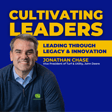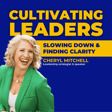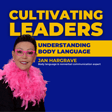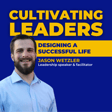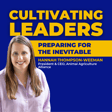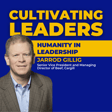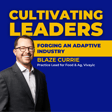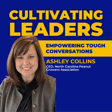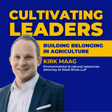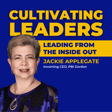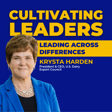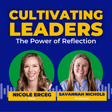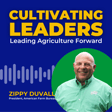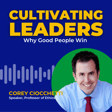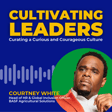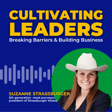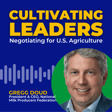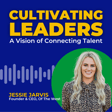
Navigating Criticism with Courage with Mark McCully
Leadership is easy when everyone agrees. But the real test comes when the voices get loud, opinions fracture and every decision is met with scrutiny.
Mark McCully, CEO of the American Angus Association, joins The Cultivating Leaders Podcast to share how he navigates criticism, conflict, and controversy while staying true to his mission and values. From managing 22,000 members with competing priorities to weathering social media storms and high-stakes industry debates, Mark offers a candid look at what steady, humble leadership requires today.
Mark gets real about:
- Leading through criticism: why thick skin, empathy and intent matter more than popularity
- Communicating in conflict: how to listen, humanize the conversation and disagree without division
- Staying grounded through chaos: habits that keep leaders mission-focused in turbulent seasons
This episode will challenge you to rethink how you respond when pressure rises and how humility and clarity can move people farther than force.
Want to hear more from Mark? Check out her blog here!
Connect with Mark
- Connect on LinkedIn
- Follow the American Angus Association on Instagram
- Follow the American Angus Association on LinkedIn
- Visit their website
Connect with AFA
- Follow us on LinkedIn
- Follow us on Instagram
- Like us on Facebook
- Follow us on TikTok
- Visit our Website
About The Cultivating Leaders Podcast
Real stories. Practical advice. Tangible growth. Join The Cultivating Leaders Podcast, brought to you by Agriculture Future of America, as we explore what it takes to lead in food, agriculture, and beyond. Whether you’re just starting out or leading at the highest level, this podcast is your go-to resource for leadership that matters. Listen now and start cultivating your leadership journey.
Don’t forget to follow/subscribe so you never miss another episode!
